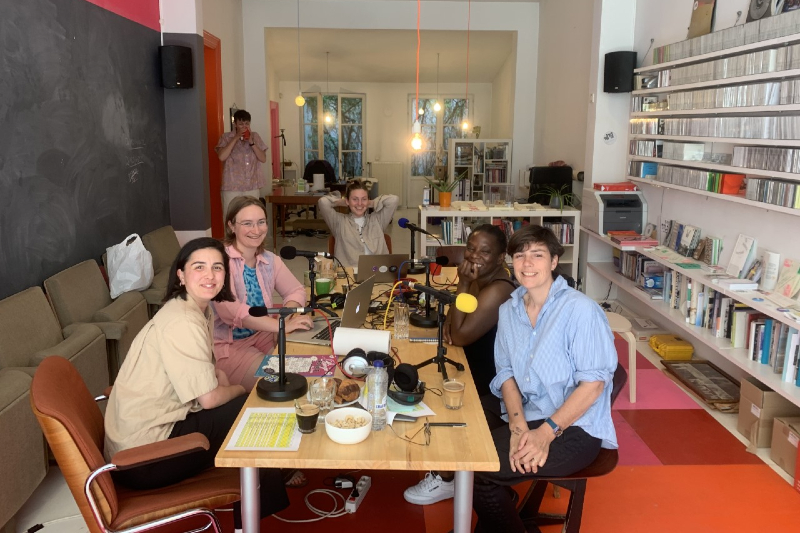Main image: The recording of episode three of BAD radio with guests Joëlle Sambi and Yasmine Dammak (Not Your Techno) at BNA-BBOT
BAD (for Brussels Almanack Dykes) is an attempt to gather as much queer and feminist places or events as possible in one online map accessible to anyone. BAD not only aims to display present spaces or future events but also navigates between generations and timelines.
I interviewed Jessica Gysel and Mara Ittel to discuss the project, their new podcast, and its official release party taking place the 3rd of December at The Crazy Circle.
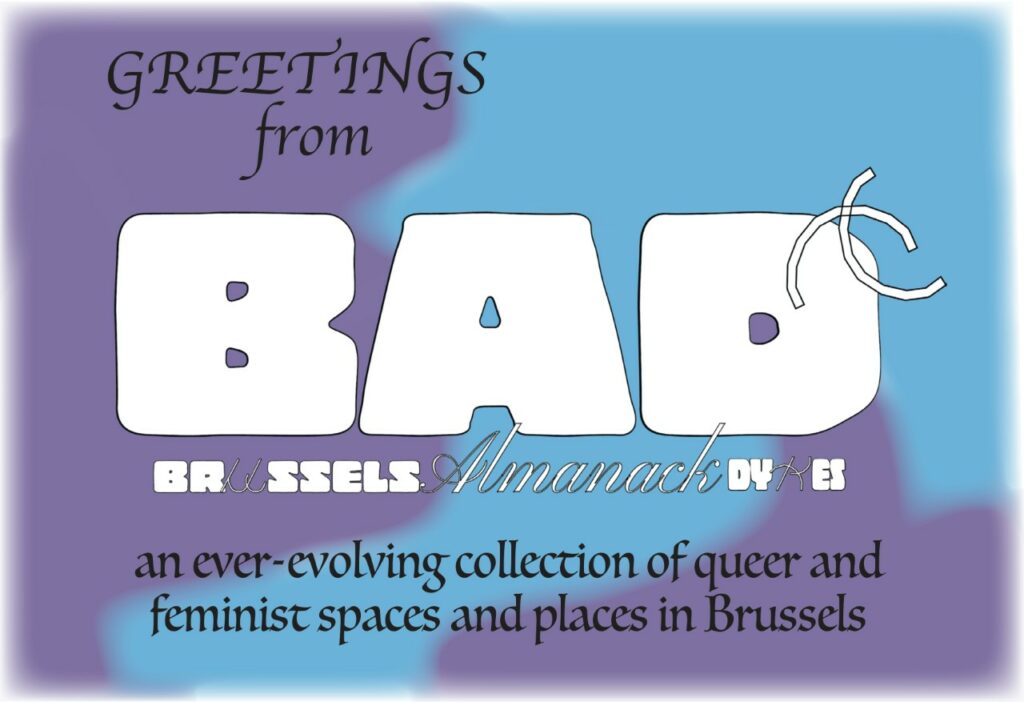
What is BAD Brussels and how did the project start?
Mara: BAD is a website to collect queer and feminist places in Brussels and is especially focused on lesbian, trans, bisexual, and feminist scenes, promoting events that are happening now but also spaces that have existed in the past for instance.
It actually started because I was helping Jessica to organize these “Girls Heart Brussels” weekends, and during one of the lasts editions we went to the “Pink Screens festival”, then went eating at “Super Fourchette”, went on a lesbian city tour with Marian Lens and so we were thinking it would be nice to have a space online to collect all these places that we went to and that’s how BAD Brussels came about. We teamed up with Mia Melvaer, Loraine Furter, Loriane Panel, and Roxanne Maillet to create a website together which was launched around one year ago now, during the “Lesbiennale”.
Jessica: Covid also really pushed us over because we had to stop the “Girls Heart Brussels” project, but it’s by organizing those weekends that we got to know all these places, we used to visit some of them with the group, we collaborated with them and we realized that there was a real lack of a place online where people could find all these resources. For years, Visit.Brussels also made a gay/LGBT map of Brussels but there was no real interest to add any of these places mentioned above, they were more focused on gay bars or cis-male spaces, events, etc. So I think with the lockdown it was a real opportunity to start working on that idea.
How and why is it important for the queer and feminist communities to have all these spaces listed and clearly identified online?
Jessica: When we had our second edition of “Mothers & Daughters” in 2018 near Place Sainte Catherine, we had an exhibition called BAL (Brussels Almanack Lesbian) and for that project we did a lot of research into the history of queer places in Brussels, we interviewed people who created LGBTQ+ spaces in the 80s, 70s and even in the 60s. In a way, I think that’s what led us to BAD and the website was the perfect opportunity to map all these spaces online because again there is, of course, a lot of information about these places out there but it’s all in archives and since we already did all the work, collected all the data, images, etc… it was rather easy to put everything altogether on a website. The main idea with BAD is to collect information from the past, the present and the future so that by looking at the map, in a way, it will hopefully make people fantasize about what kind of spaces could still pop up. And what’s interesting to see is that in the last five years, there have been so many new spaces that are not necessarily bars or clubs but definitely provide some kind of community and spaces for people to hang out.
Mara: Yes, I think that’s also what we try to do with the website, it’s not only about the bars that have a fixed place but also about highlighting all these collectives and organizations that are more niche and that you wouldn’t know about if you’re not part of that specific scene for instance. That’s why on our website, you can find them all collected in one place.
Jessica: And what is also important for us with the website, is the layout. The format is very different for instance than other touristy websites and I think that’s something that also really shows the vibe of a community.
You recently started BAD Radio – the podcast. How did you come up with this idea?
Mara: For now, BAD is mainly a website but we also wanted to hear the voices of the people that are behind these places, we wanted to create a discussion and bring people together. In each podcast we have short fragments of old interviews and radio shows, so that was also another way to work with these archives. For instance, we went to this centre for women’s history called “AVG Carhif” where we found out old cassette tapes of radio shows dating back from the 80s or 70s which were also really fun to work with because we could go through old discussions they had at the time and we picked up short fragments that we felt are topics that we wanted to discuss now in a podcast. All three episodes have different themes: “a space for pleasure”, “a space for style” and “a space for future hopes” but all of them somehow address queer spaces in relation to these topics. Every time we invited different people that we felt have experiences in those subjects, have created something around that, or have an interesting opinion on the issue. In “a space for style”, for instance, it was about queer codes and styles because that is something that is somehow still very present in queer spaces, and in some ways it can be really fun but in other ways, it can also be exclusionary.
Jessica: I also want to mention that we got funding from “equal.brussels” to make the podcast serious so we had the budget to make three episodes and we’re going to have the official release party on the 3rd of December at The Crazy Circle. The thing is that the podcast format is sort of similar to how we work with archives on the website so as Mara just explained we had different sound fragments both from the past and from now and for each podcast we invited different people to discuss these topics, we listened to these archives fragments and they were really like the red thread throughout the podcast.
What are your future objectives with BAD Brussels?
Mara: Alongside the website, we recently started the BAD agenda that we do via Instagram, it’s mainly about sharing all the events that are going on in Brussels either organized by collectives that are already part of the website or that are somehow connected to them. The goal is to create a way for people to see what’s happening every week-end, and I think through Instagram it actually reaches more people than it would if it would just be on the website.
Concerning the online map, we recently updated the questionnaires we send out to collectives/spaces to ask them about the accessibility of their spaces because that’s also something really important for us to take into account, that’s how I also recently discovered this really nice website called “fatfriendly.be” by the non-profit organization “Fat Friendly” so that’s another really interesting resource for us too.
Jessica: In fall 2021, we had the opportunity to organize a presentation of the BAD project at MuntPunt in Brussels where we invited people to discuss the website, we also looked at places that were missing on the map, we discuss certain policies about what to make public and what not, what hashtags to use, etc. It was really nice and enriching to do that and I think we should organize that more often but it’s all a matter of funding, resources, and time. So our future objectives are to keep updating the website and agenda as much as we can and we’re looking for new funding to do so. And let’s see, maybe we’ll continue the podcast, we also have new ideas for the website in the back of our minds… But I feel we’re in a good place right now and we definitely want to keep it growing, keep having it up to date, always adding new places and keep it active.
If you want to contribute to the website/add a note, a place, or any information about an event you can write to Hello@bad.brussels or write them on Instagram: @bad.brussels.
Don’t miss the official release party of the BAD podcast on Saturday 3rd of December at The Crazy Circle. During the whole weekend, you’ll also be able to listen to these three episodes on Radio Vacarme.
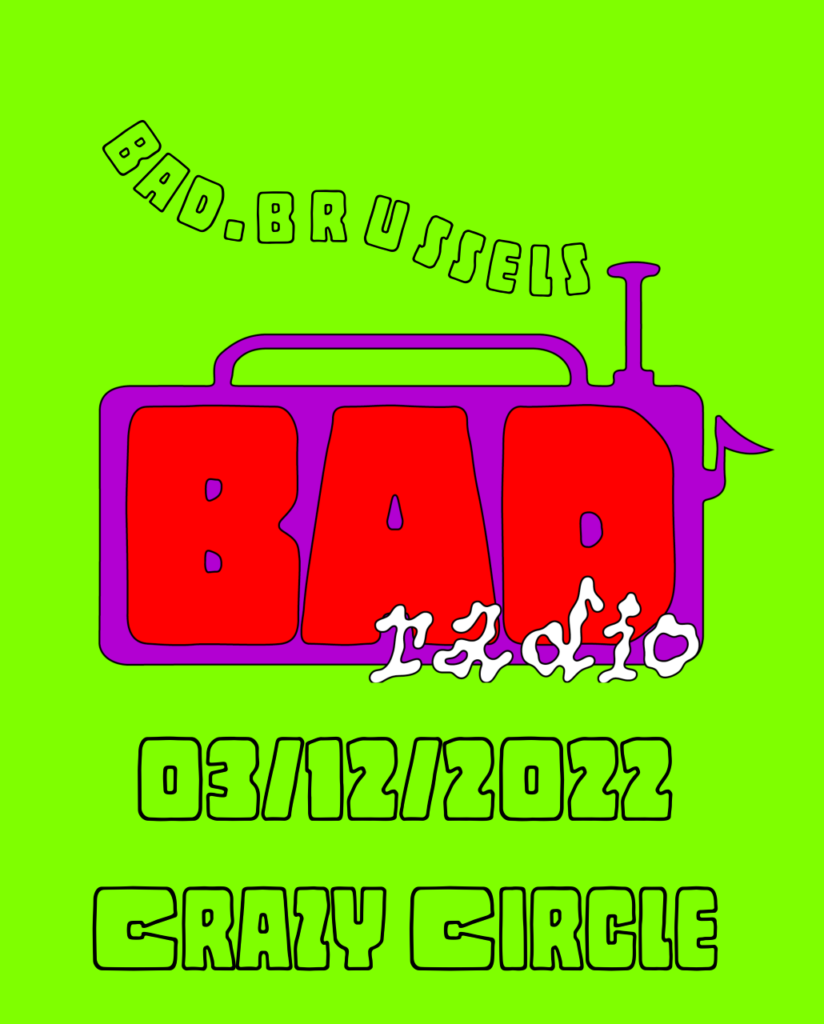
You may also like
-
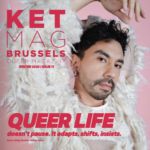
The New KET Is Out: Queer Brussels Keeps Moving
KET Magazine Issue 11 is out now and available in LGBTQIA+ safe spaces across Brussels,
-
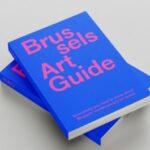
Brussels Art Guide 2026: Mapping a Vibrant Contemporary Scene
Brussels is once again putting its contemporary art scene in the spotlight with the new
-
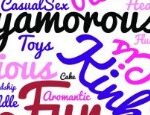
What is Sex-Positive Belgium?
Sex-Positive Belgium is a growing, real-life community of open-minded people who embrace a sex-positive philosophy. It welcomes
-

“Bi+ Equal: Europe’s First Platform Uniting Bi+ Communities Across Borders”
Bi+ Equal is the first-ever bi+ structure at the European level, a new platform created
-

“From Borders to Belonging: How Arc-en-Ciel International Guides LGBTQIA+ Migrants to Safety and Community”
Arc-en-Ciel International Rainbow (AIR) is an online platform created for and with LGBTQIA+ migrants, refugees

